Community and Overlanding
Doc Rader 08.11.22
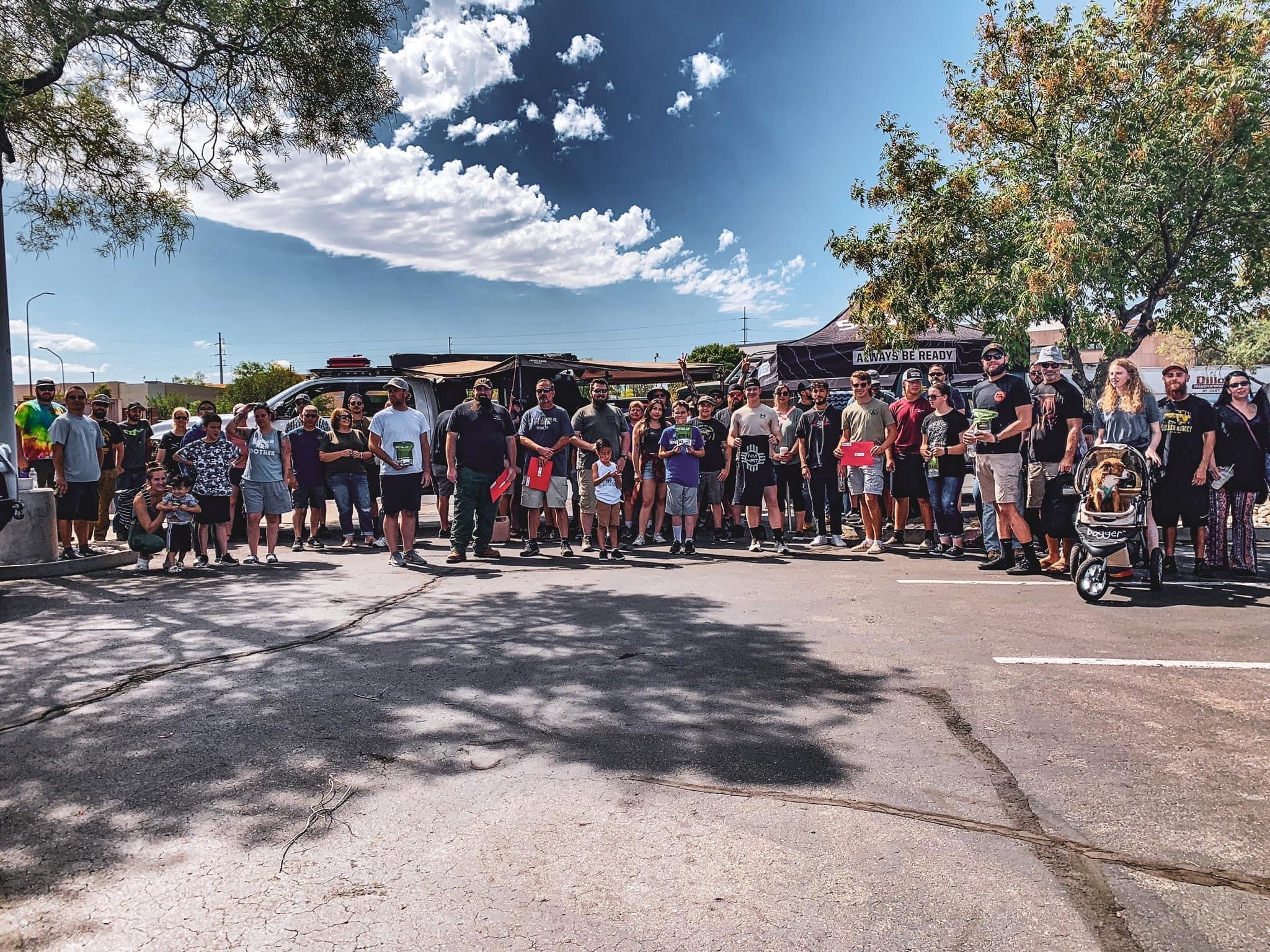
While some people like to go lone wolf, others enjoy traveling with other people. In any case, meeting up with other people allows you to see other people’s setups, share experiences, and learn about new spots for adventure.
Sharing Knowledge
One of the best parts of Overlanding is sharing knowledge. It is difficult to know all there is to know about equipment and supplies. Also the costs of some of the things makes it prohibitive–that $1200 fridge or $3500 rooftop tent is not just something most people can try out on a whim.
You also really want to hear about people’s experiences with their gear. Maybe that awesome lighting system you wanted to buy sucks too much power, or maybe that builder you want to work with does not finish the work in a quality manner and always blows deadlines and budgets.
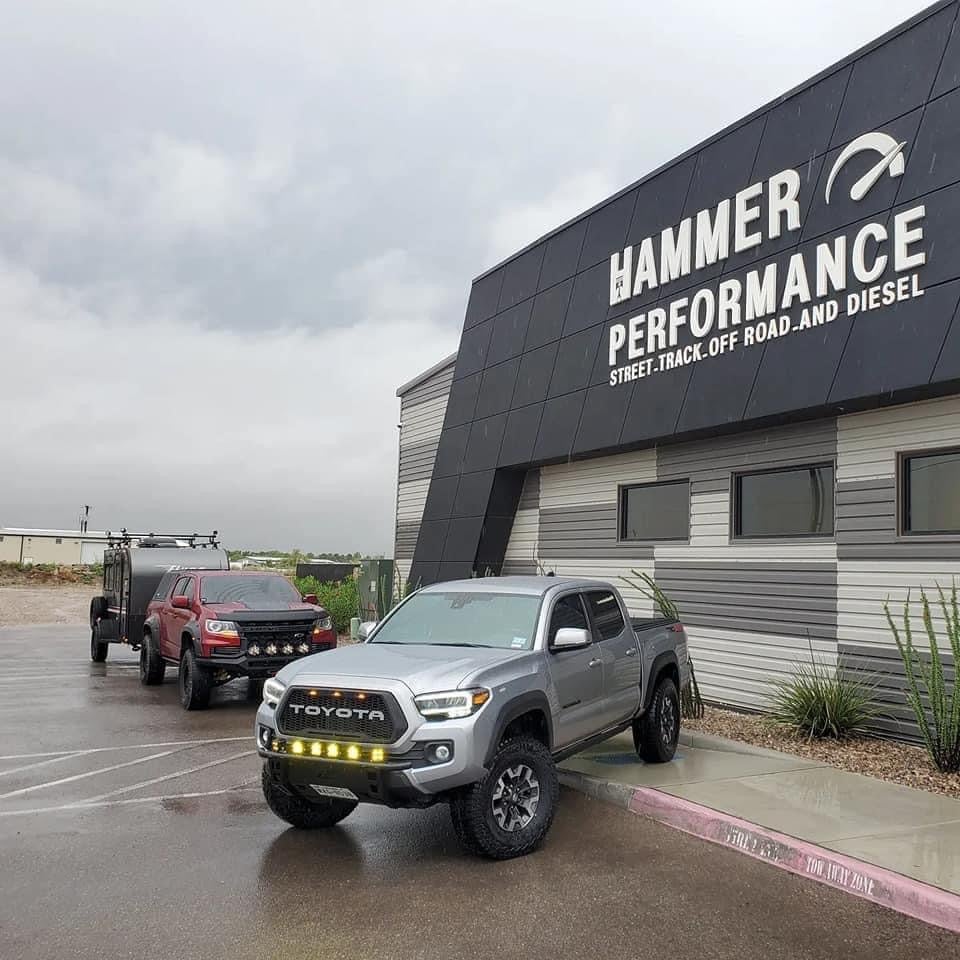
In any case, the only way to really learn some of this information is to link up with other people, chat with them and check out their rigs. While the internet can sometimes be helpful, I find that actually chatting with people in the real world and having them physically show you the things they like and don’t like on their rig is way more useful.
Anyone can create a sexy video and cherry pick the highlights of a product or a build. And most of the marketing for a product is going to highlight all of the awesome features. However, you need to connect with people that ACTUALLY use the thing to get a better idea of how it will work for you and what you can expect.
You can also associate with groups in areas you plan on visiting which can be a great way to learn about new locations. Plan on becoming an active member (and contributing, even if online) a few weeks before an excursion, though, as many groups are not just going to give their best spots to a complete stranger.
Playing Nice With Others
If you are fortunate enough to live in an area with several groups, you have the ability to pick and choose a popular group, or join multiple groups.
If you are in an area with several groups, you can expect a little bit of good-natured ribbing, be that along the lines of vehicle make and model, or types of offroad/overlanding you do. As long as it is light-hearted and fun, it is healthy.
However, some groups take themselves a bit too seriously. They strut around and belittle other groups, or flat out go on the offense and threaten those other groups over trivial stuff like patches and event names. This is very counter productive to building community. Invariably these groups will implode under their own self importance and be forgotten–most people want a relaxed environment to hang out with like minded people. There is enough stress in day to day life.
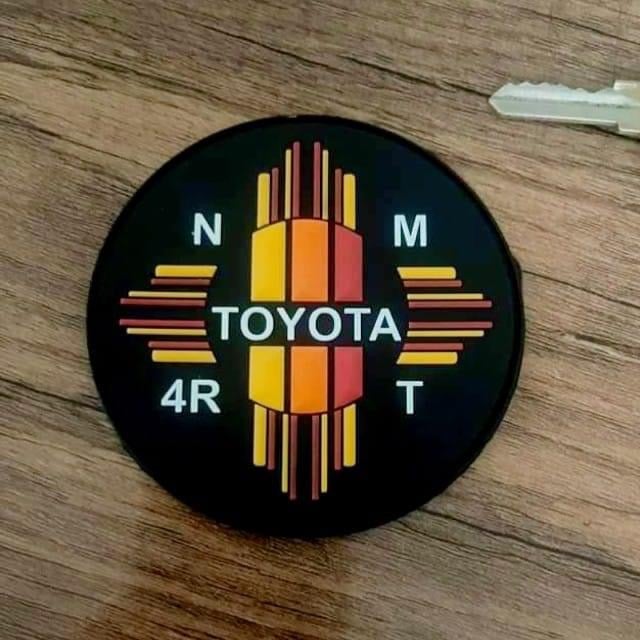
I do understand the importance of brand identity, but let’s be honest, your little homegrown group is probably not the next Expedition Overland, and you certainly don’t get there by breaking down community rather than growing it and nurturing it.
Some groups get involved with charity and rely on the membership to contribute to the cause. Pretty much every group is invested in “leave no trace” concepts and host “trail clean up” weekends–most will do it because it is the right thing to do–not for the public recognition. Regardless of the reason, associating with groups that are involved with good stewardship of the land is always positive for off-roaders and Overlanders as a whole.
Trips and Trip Planning
Beyond sharing skills and experiences, is actually doing the thing we all mostly build our rigs for–traveling. While there are a few apps out there that can help you find places, like onX Offroad, it is still helpful to hear about areas from people that have been there.
Once you develop friendship and trust with people they may share “secret” spots with, and some groups will even share entire sets of routes with you. When you are just getting started, this intel is some of the best information you will get and will allow you to get some experience and start finding your own special areas.
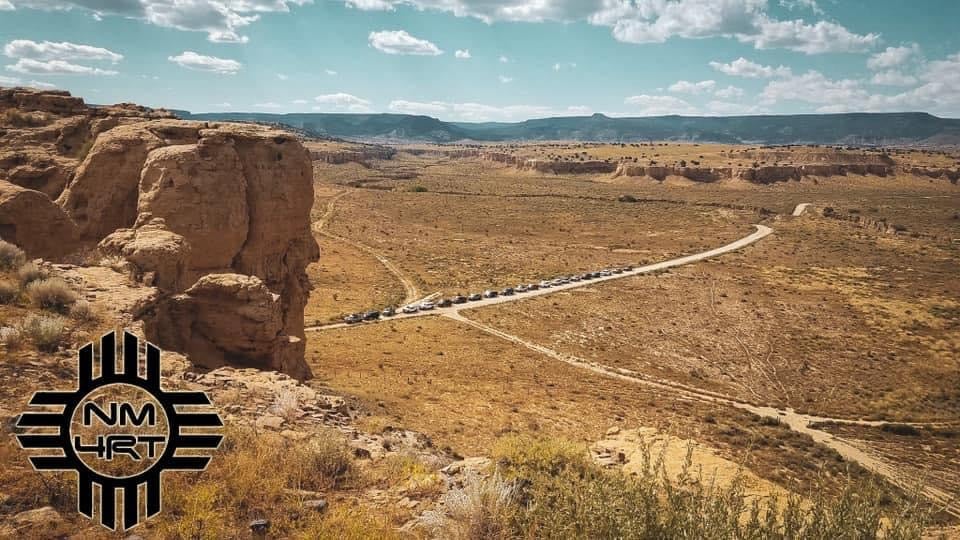
At group meetups, some of the members are likely to be planning their next trip. It is good time to get involved, especially if you are new. Planning for multi day trips is not quite as simple as getting a set of coordinates.
Learning to plan rest stops and fueling locations is a critical planning step, especially when you are running with several different vehicle setups. Vehicles pulling trailers (or laden with gear) are going to get reduced mileage, and you want to fill up just prior to heading off pavement. Some experienced trip leaders, like Brad and Regina from Trail Recon, might even pre-run the location, to get that “wheels on the ground” information.
Final Take Away…
Associating with communities is one of the best ways to get more experience and be able to get hands on and touch equipment you might not otherwise be able to do.
You can gain valuable experience in planning and camp operations, and learn about some great spots, including traveling to those spots with other like-minded people.
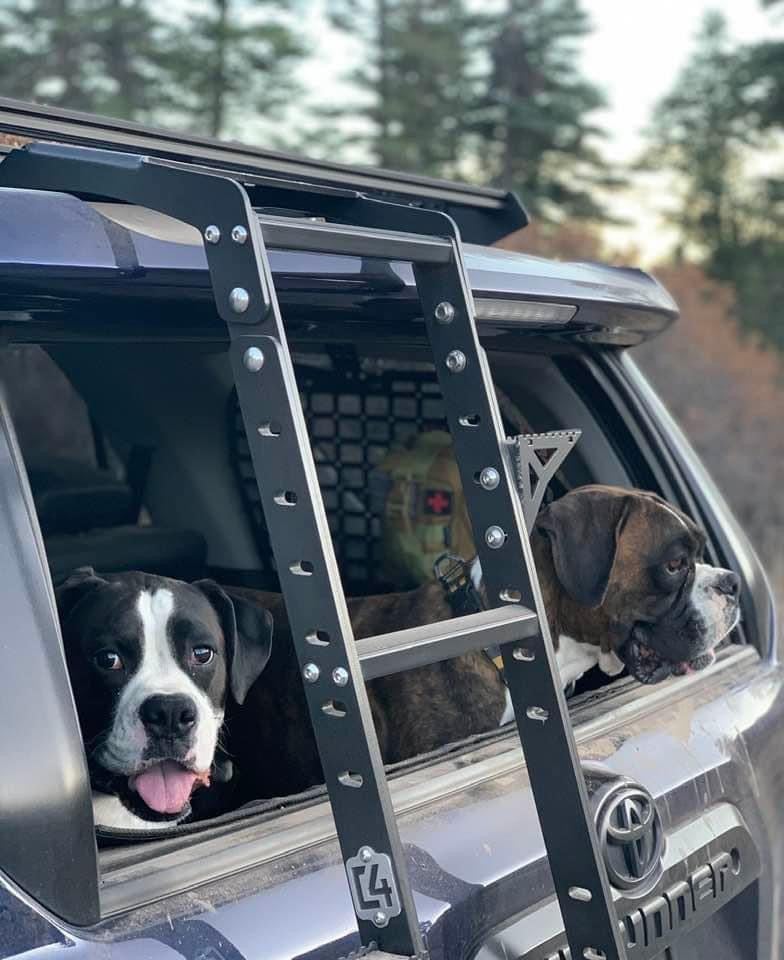
Community is one of the best way to make new friends and get support for your off-road adventures. Just make sure you get involved with groups that interested in building community and not letting their egos lead. Let us know in the comments about any great local groups you are involved with and where those groups are located.
Off-Road and Overlanding is sponsored by
To subscribe, visit: https://subscribe.onxmaps.com/offroad/purchase/membership
